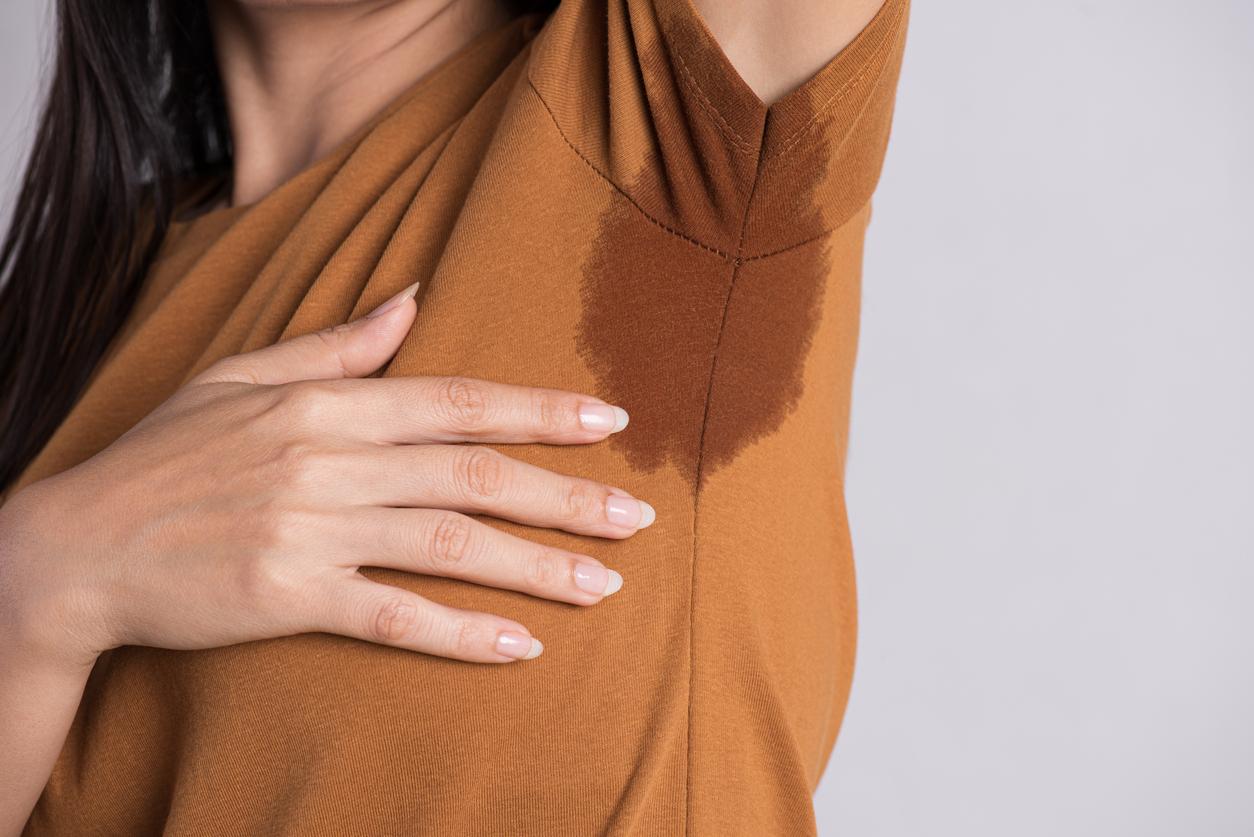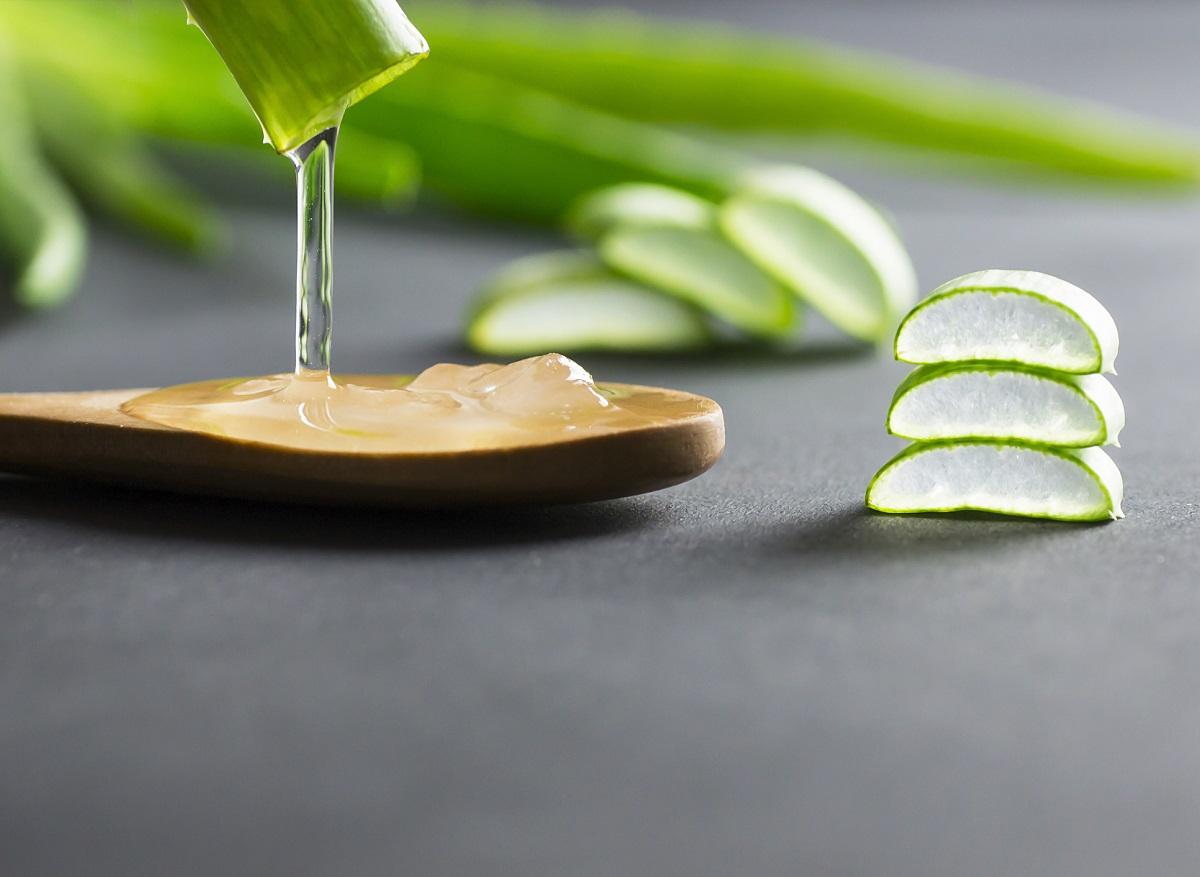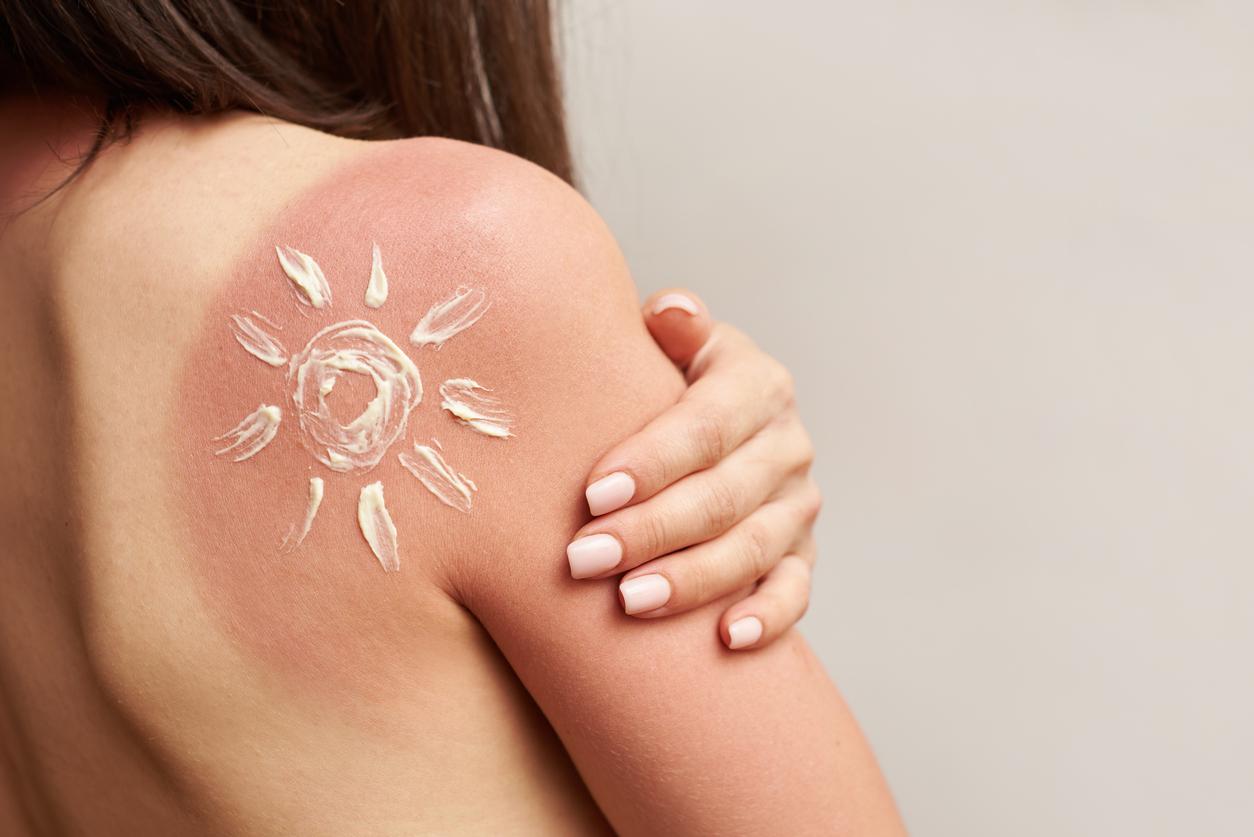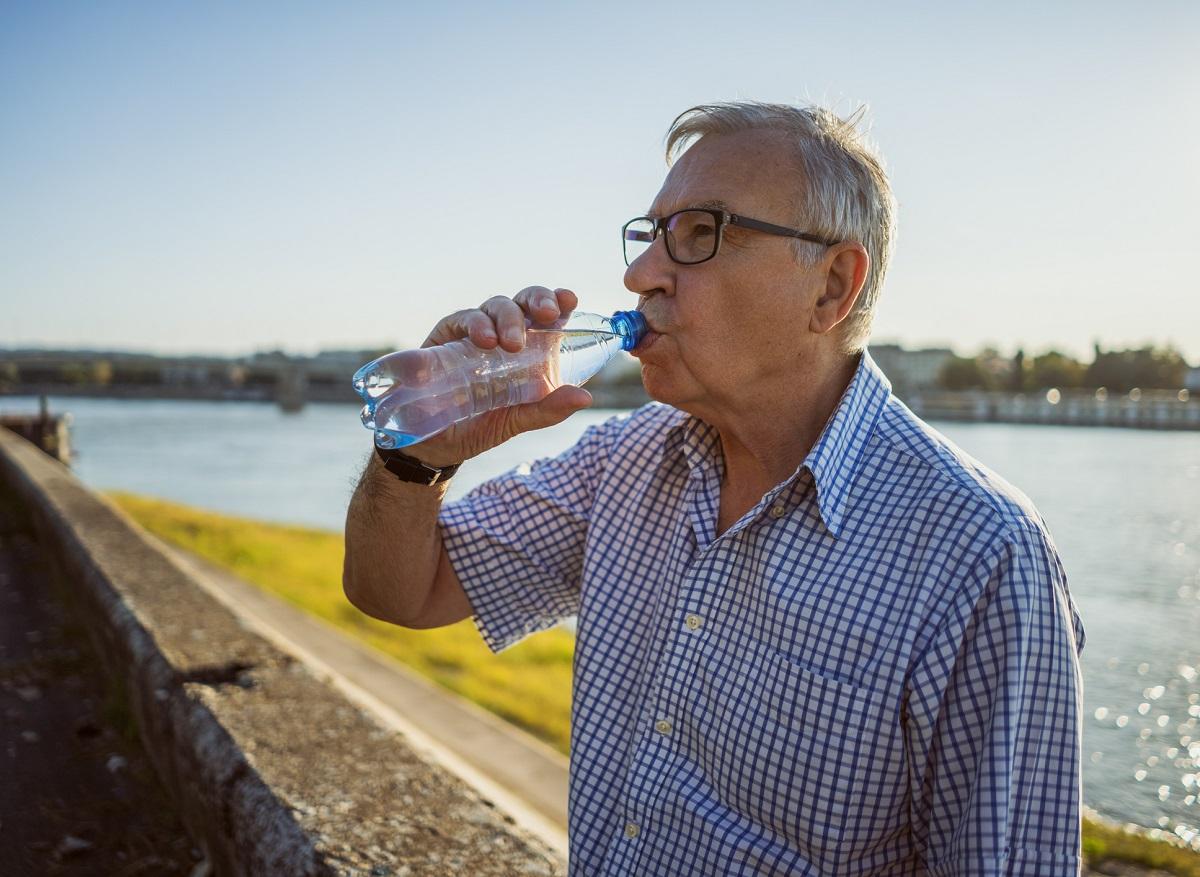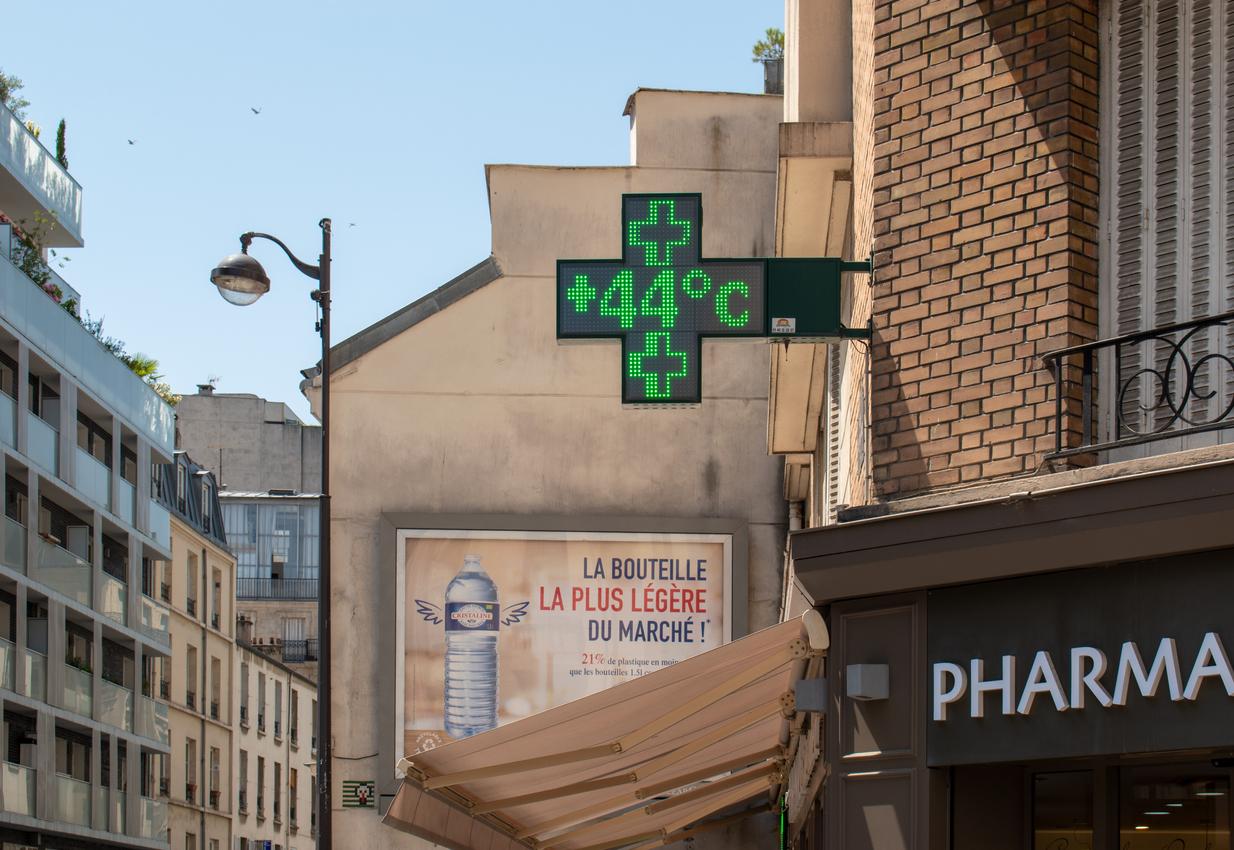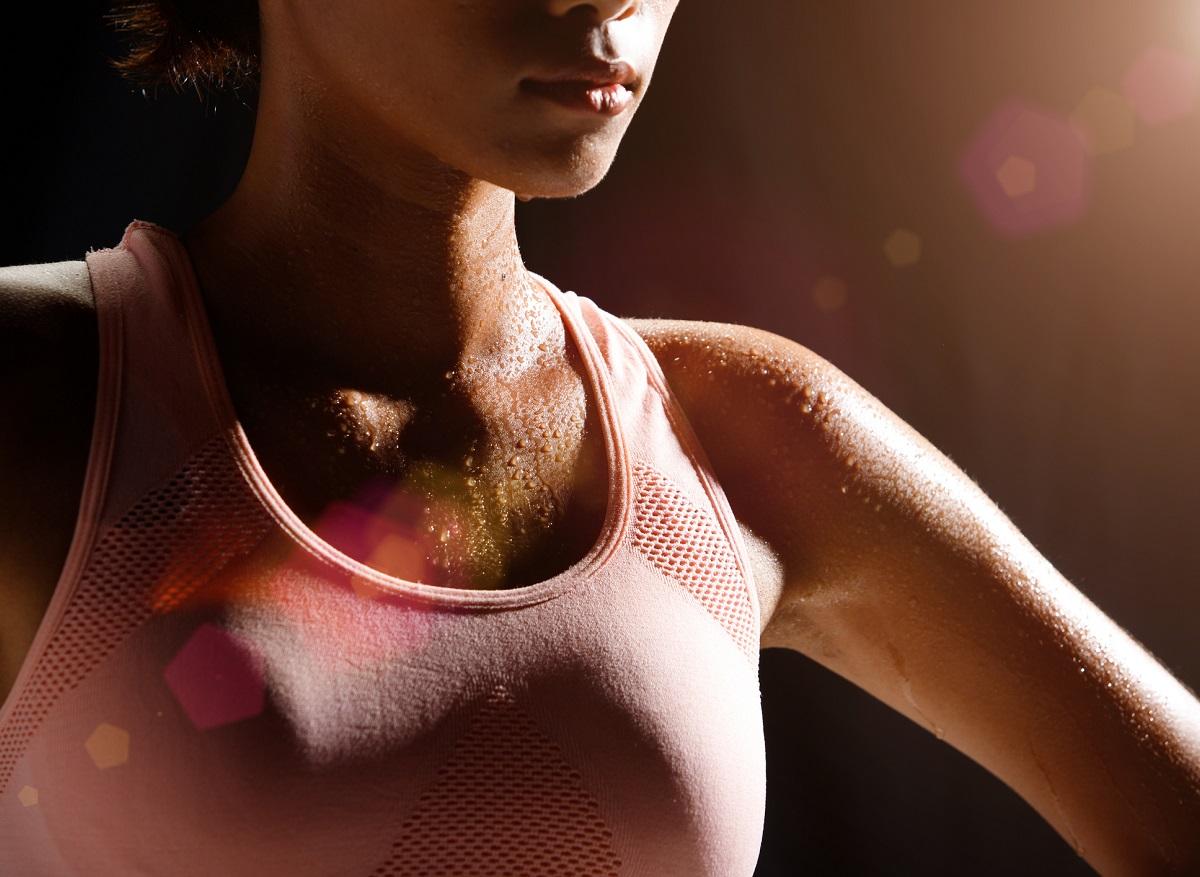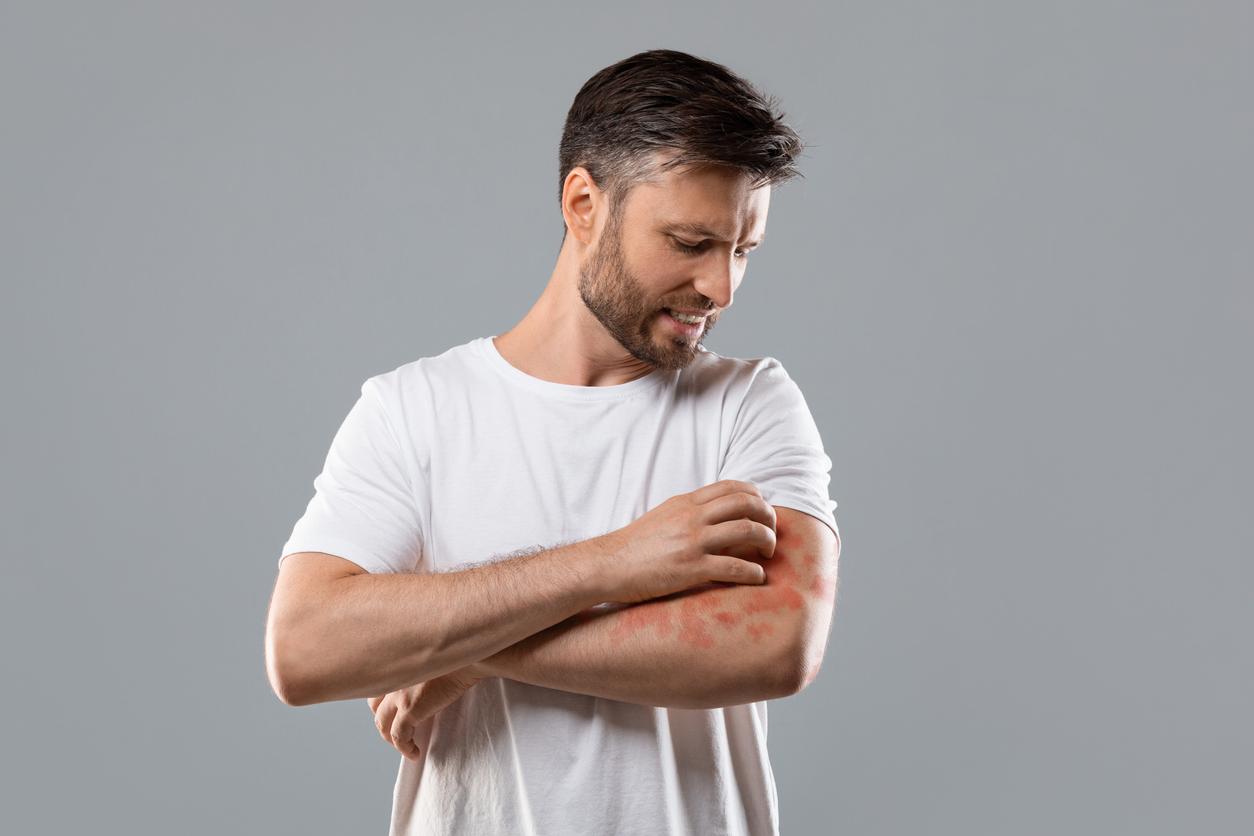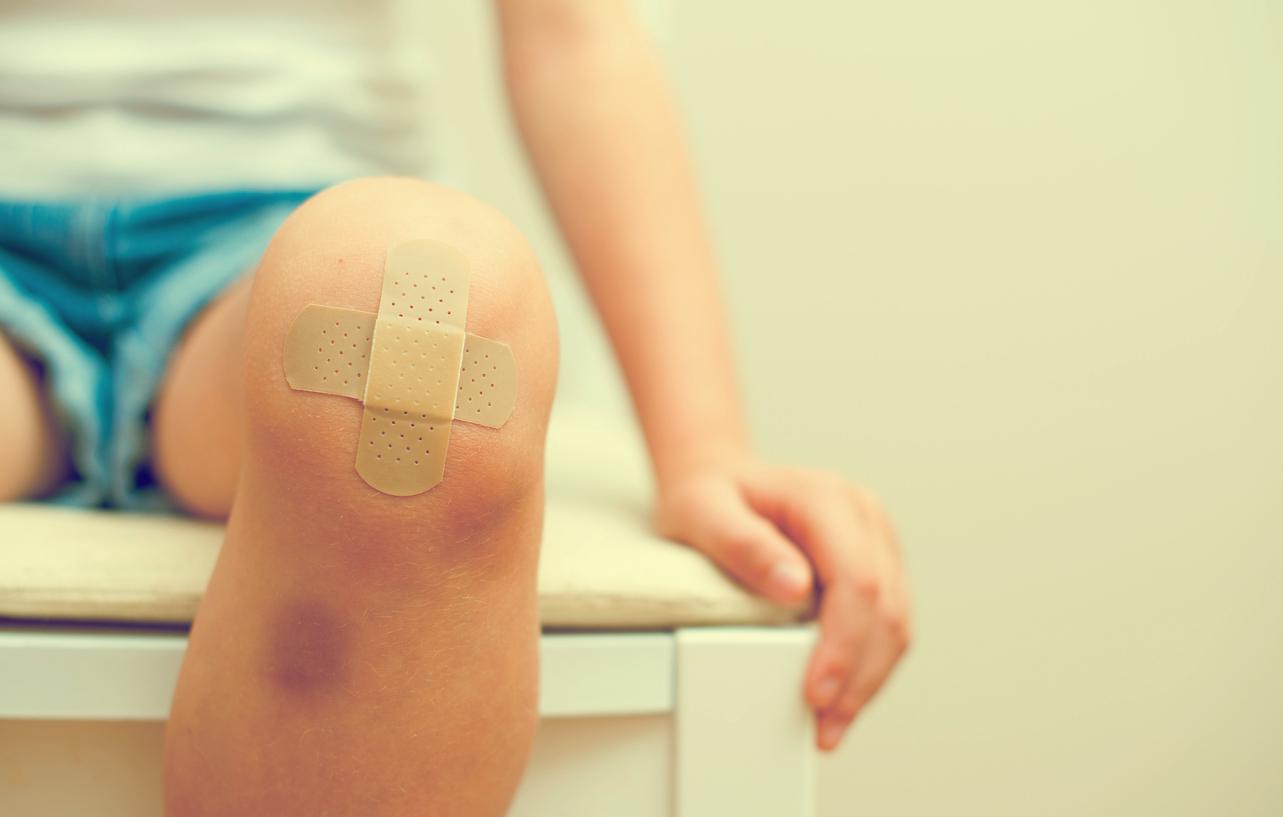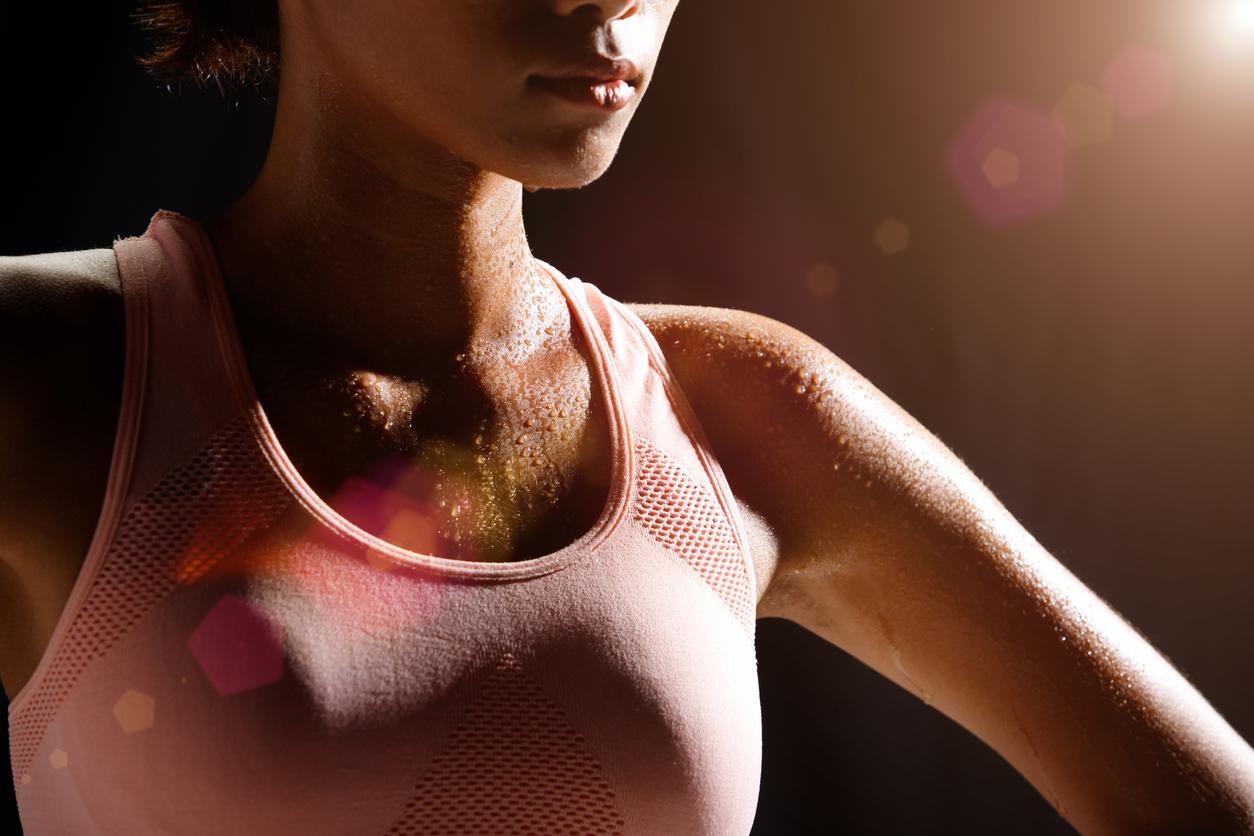As France experiences its first heat wave of 2024, a dermatologist gives advice to people with hyperhidrosis to limit excess sweating.
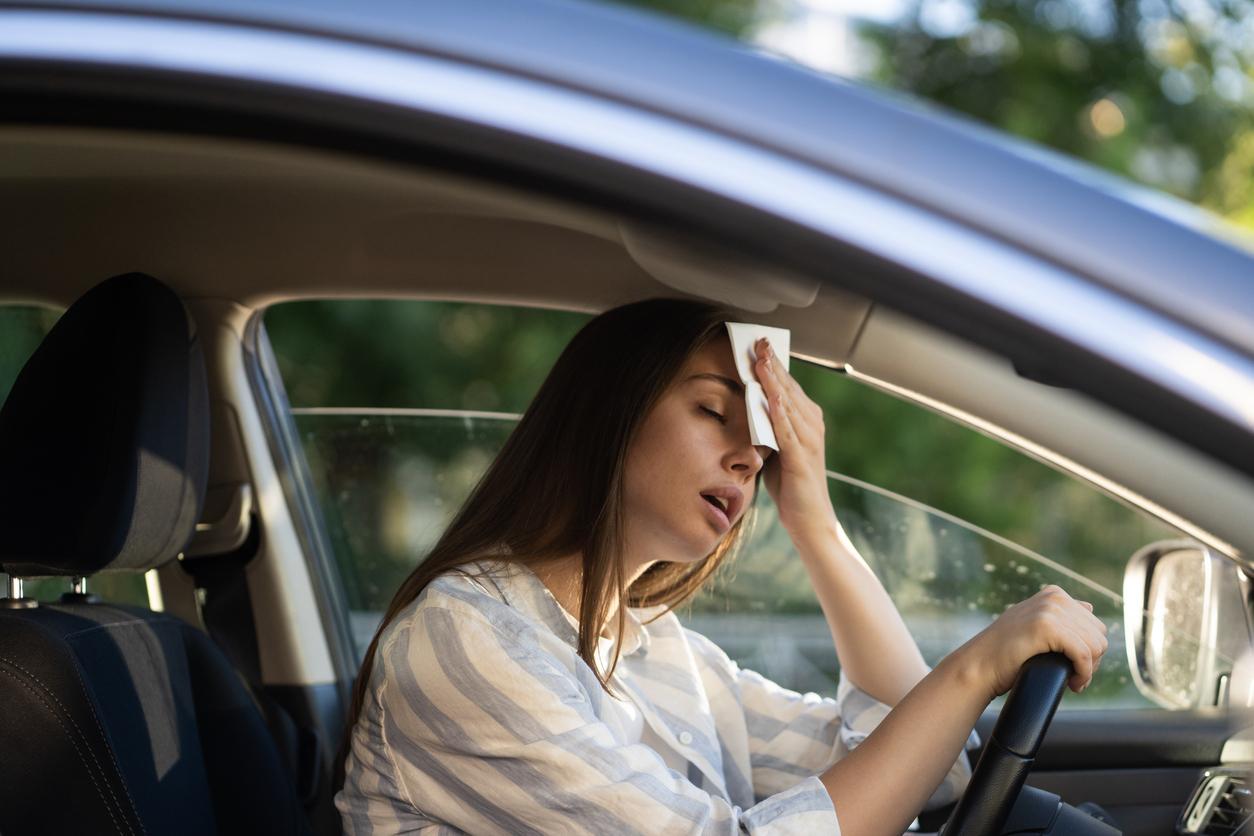
- We speak of hyperhydriosis when a person has excessive sweating, diffuse or often localized in the armpits, feet and hands.
- “Heat, stress, spicy foods or caffeine can trigger flare-ups,” says dermatologist Shoshana Marmon.
- To reduce excessive sweating, she advises drying areas of sweating well, using an antiperspirant and opting for breathable fabrics.
56. This is the number of departments placed on orange alert for heatwaves or storms on July 30. According to Meteo France, “The high temperatures will progress towards the north of the country. Temperatures of 35 to 36 degrees will be reached or exceeded over a large part of the country, except in the regions of Brittany, Normandy, northern Pays-de-Loire, Hauts-de-France and Grand-Est.” So, the French are likely to be hot and sweaty for the next few hours, or even days, because according to the meteorological agency, “The scorching temperatures will continue at least until Wednesday evening.”
Hyperhidrosis: “Heat, stress, spicy foods or caffeine can trigger flare-ups”
While the body normally produces about 0.5 L of sweat per day, in some people sweating can be excessive, diffuse or often localized in the armpits, feet and hands. In this case, we speak of hyperhidrosis or hyperhidrosis. This excess sweating is identified by hands that get wet easily (to the point of causing discomfort when holding a steering wheel, working on a computer, using tools or shaking someone else’s hand), the body sweats so much that the person concerned is afraid to, for example, play sports or dance with other people, or they feel obliged to shower and change several times a day.
“This form of excessive sweating can have a significant impact on a person’s quality of life. Indeed, there is a physical impact, sweating through clothing, but there is often an emotional component due to social embarrassment or self-consciousness associated with the condition. (…) As with normal sweating, heat, stress, spicy foods or caffeine can trigger hyperhidrosis flare-ups.”says Dr. Shoshana Marmon, assistant professor of dermatology at New York Medical College, in a statement of the American Academy of Dermatology.
What can be done to reduce excessive sweating?
In order to limit excess perspiration, the specialist recommends drying the areas of perspiration well after washing the areas prone to perspiration, which should be done with a mild soap. “This habit prevents any maceration which could promote the appearance of skin mycoses and prevents the appearance of unpleasant odors”, precise health insurance.
She also recommends using antiperspirant on dry skin at bedtime and in the morning. “It should be applied to all parts of the body that sweat, including the palms, back and back of the knees. Antiperspirants work by blocking the sweat glands, preventing sweating, while deodorants simply mask the smell of sweat and body odor,” explained the dermatologist.
Another tip: opt for breathable fabrics like cotton, linen or wool. “To avoid premature wear of textiles, linked to sweat, you can use disposable, self-adhesive cotton protections to place directly on the skin under the armpits.” When it comes to shoes, it is better to opt for leather or canvas, rather than plastic.







